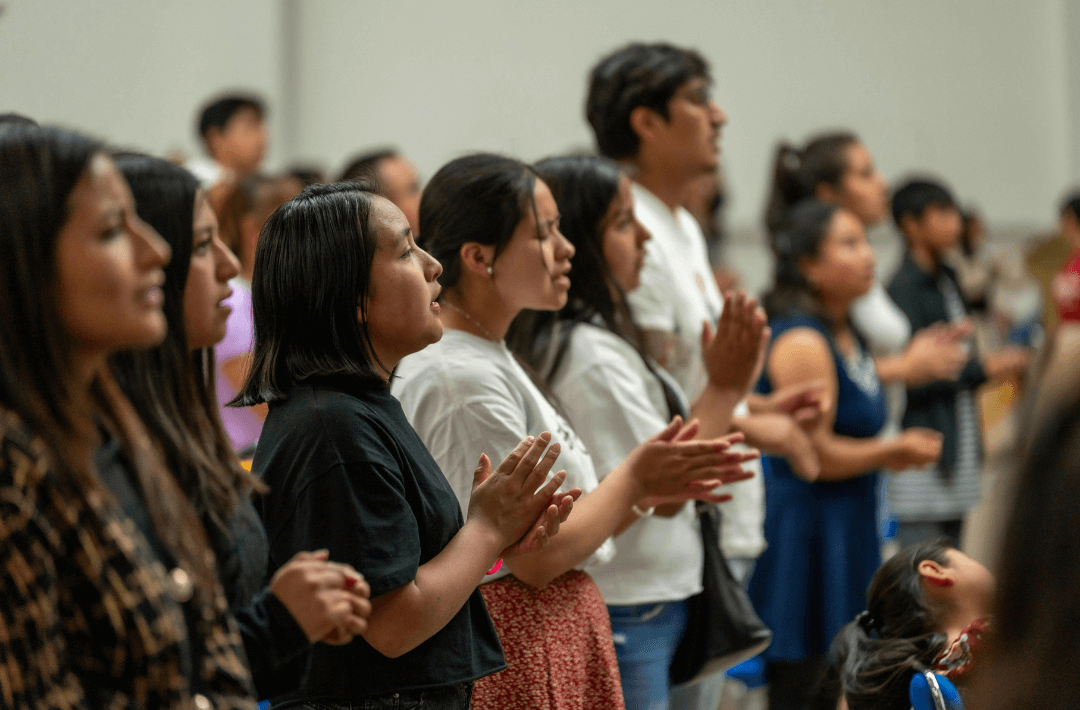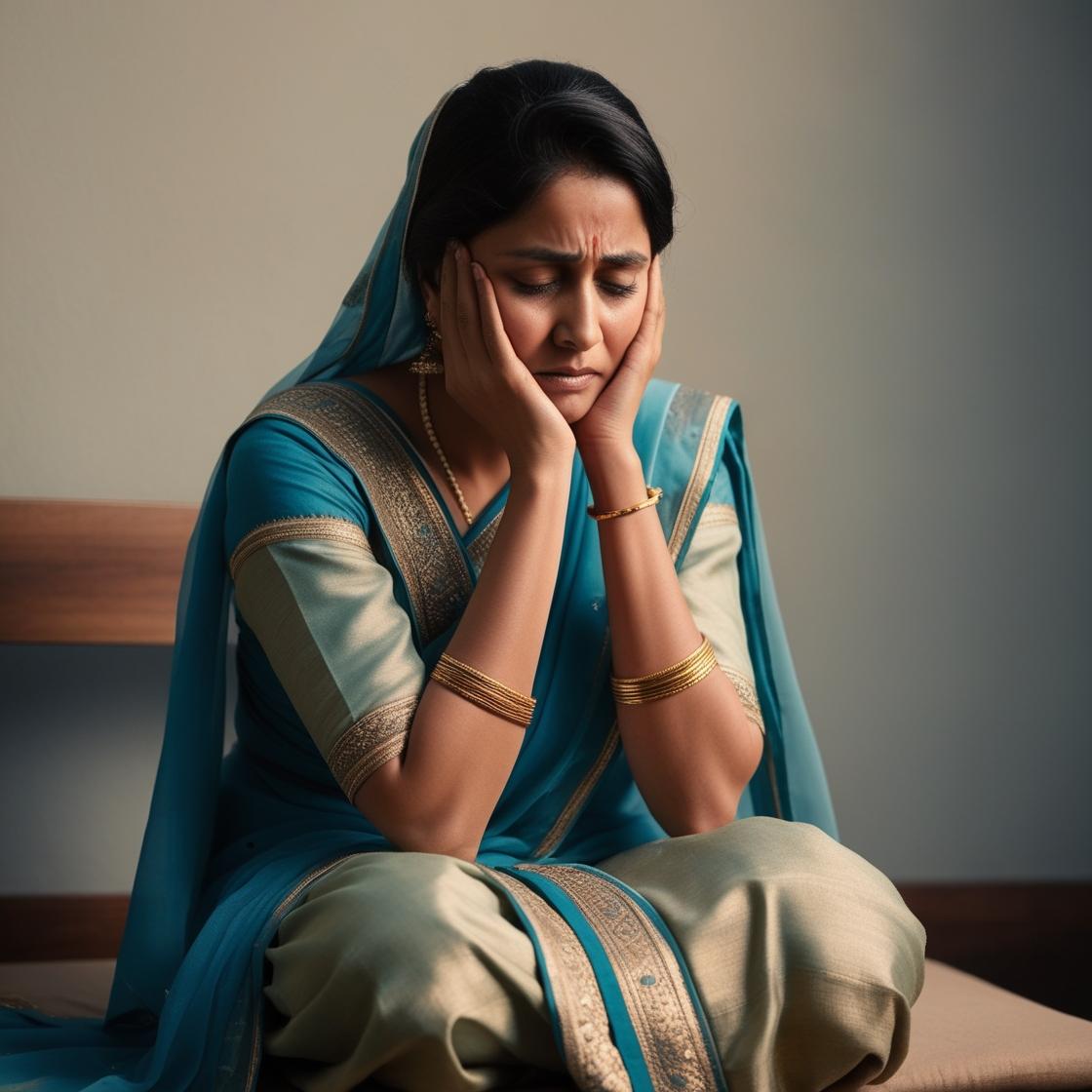Book Now
Menu
Grief isn’t a straightforward path; it’s filled with ups, downs, twists, and turns. September 2022 changed my life forever with the loss of my beloved father, whom I lovingly called Baba Jaani. Since then, ADHD and grief in South Asian culture have shaped my journey with sorrow, growth, and community support. As a South Asian woman living with ADHD, I have experienced grief in a unique way that blends cultural expectations and neurodivergence.
After my baba passed, waves of emotion hit like tides—unpredictable and relentless. My grief became a mosaic of memories, longing, sorrow, and comfort. ADHD and grief in South Asian culture added complexity to this journey, scattering my thoughts and pulling me from memory to memory. It left little space for peace. When I slowed my thoughts, I could remember Baba’s laughter, his wisdom, his love. But even in these quiet moments, his absence felt overwhelming. It was as though a part of me was missing.
One of the hardest parts of grieving with ADHD is that “out of sight, out of mind” applies not only to objects but also to people. This can be incredibly disorienting after losing a loved one. I might go through my day and “forget” my baba’s absence until something reminds me of him. In those moments, the reality of his passing rushes back, and the grief feels just as raw as the day he left.
People with ADHD often experience emotions intensely. For us, the pain doesn’t necessarily “dull” over time as it might for neurotypical individuals. Instead, it continues to feel overwhelming.
Honoring Baba’s memory felt difficult because many spaces around me catered to neurotypical or individualistic experiences. They didn’t reflect my cultural background. Society often treats grief as a private matter, but grief in South Asian culture is something we share collectively. I needed a space to grieve openly without pressure to “move on.”
Living with ADHD added another layer of complexity. My grief didn’t follow a steady path. Instead, it was chaotic, with memories flooding in and fading away. I sometimes felt guilty, wondering if my grief was “valid” since it lacked a clear pattern. However, I have learned to accept that, like ADHD, grief takes its own course.
Many view grief as a gradual process with a rhythm over time. But for those of us with ADHD, it often lacks progression. Our minds resist long, sustained reflection. Emotions arrive suddenly and disappear just as quickly.
Neurotypical people around me suggested that after a few months, I should “move past” the loss. They treated grief like a checklist with a clear endpoint. This mindset made me question my experience. I felt guilt and self-doubt for not grieving the “right” way. Understanding how ADHD and grief in South Asian culture are intertwined has helped me accept that my experience is neither wrong nor invalid. I cope, honor, and heal in my own way.
Finding community spaces that embraced both my ADHD and cultural background became essential. In these spaces, I could share stories, honor Baba in my language, and grieve without hiding parts of myself. Collective healing in South Asian culture reminded me I wasn’t alone. I felt supported by others who understood my experience.
Grief is personal, but it doesn’t have to be lonely. It doesn’t have to follow a neurotypical path. In communities where mental health is often stigmatized, finding spaces that honor unique experiences is essential. By connecting with others who share similar backgrounds, we can find comfort and honor our loved ones in ways that feel right.
Viewing my ADHD as a superpower has transformed my grief journey and revealed unexpected strengths. The intensity of ADHD allows me to feel my Baba’s presence vividly. I hold him close in ways that feel raw and real.
My adaptability frees me from any “normal” grief process. I find healing in art, storytelling, and supportive communities. Instead of being an obstacle, ADHD deepens my empathy and resilience. It guides me to honor my Baba’s memory with a unique rhythm, openness, and creativity that bring comfort and strength.
As I continue my journey, I hold onto the love of my ancestors and the strength of my community. In quiet moments, I find comfort in knowing that Baba’s memory will always stay with me. Through love and support, I’ve learned that there’s no “right” way to grieve—only the path that feels true to me.

